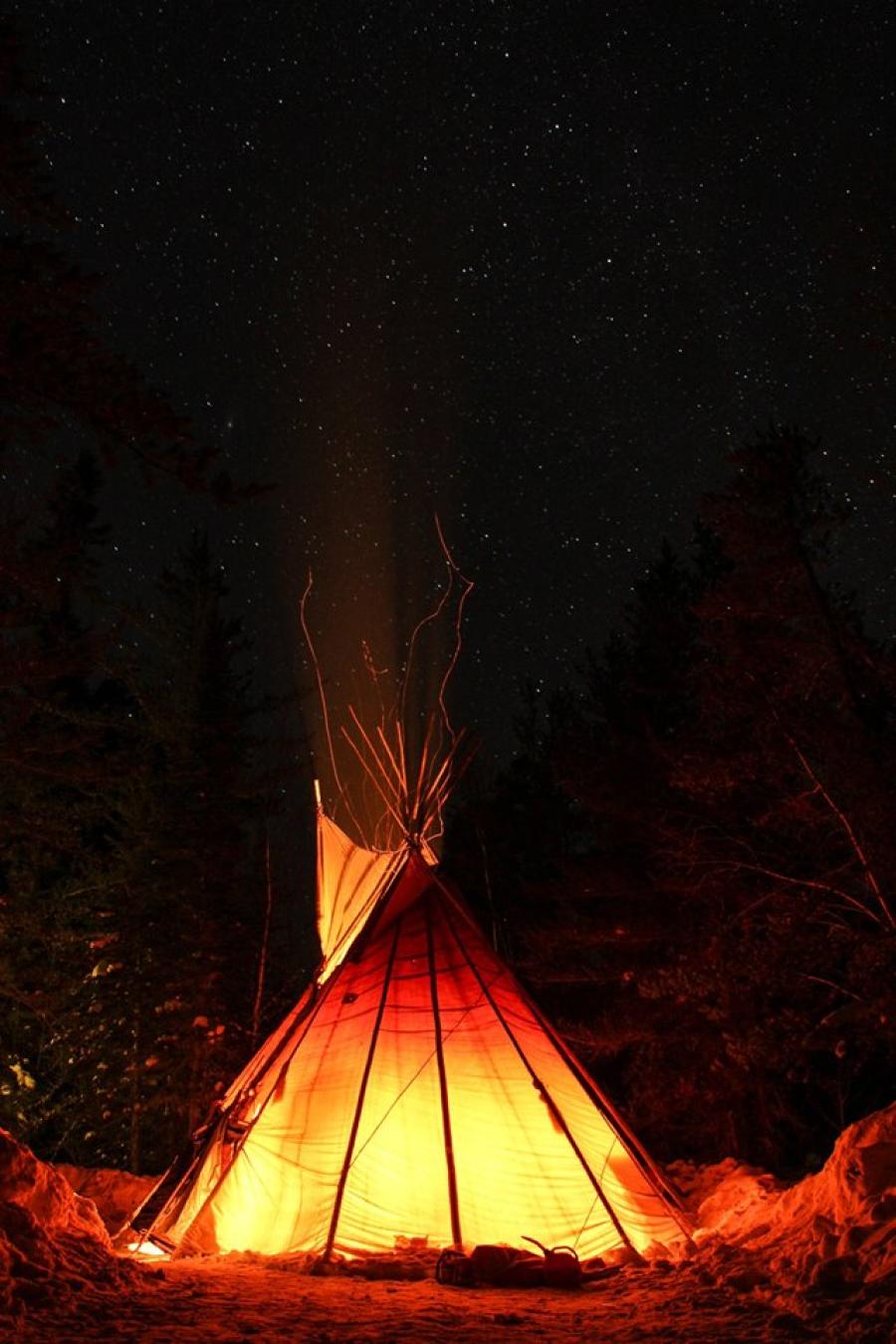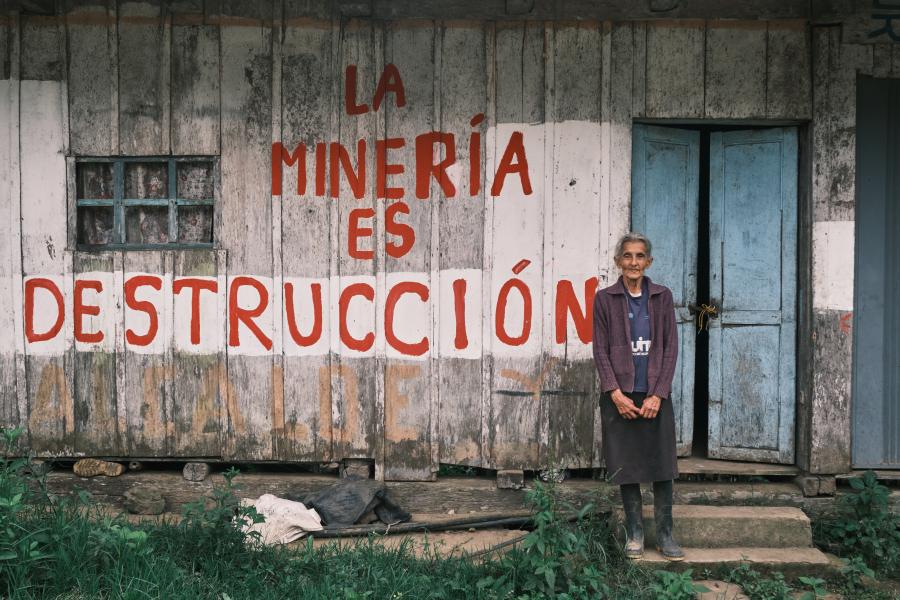The Gwich'in Environmental Knowledge Project (GEKP) collects information on traditional environmental knowledge (TEK), spiritual beliefs, and ethical principles of the Gwich'in Nation. The Gwich'in live along the Mackenzie River Valley in the Arctic region of Canada's Northwest Territories and are one of the world's few indigenous groups that continue to sustain themselves on the resources of the land, much as their ancestors have done for centuries. They are working to preserve their environmental knowledge and traditional spirituality, and pass it to future generations at a time when the traditional oral and on-the-land teaching and learning are disappearing.
Many decisions in renewable resource management and environmental impact assessment depend on knowing basic parameters and trends of local fish and wildlife populations, such as species distribution, daily and seasonal activity patterns, migration routes, past and present abundance, etc. Scientific information on fish and wildlife resources in the area available to date is limited. Some of these gaps can be filled by the knowledge of local hunters, trappers and fisherman. GEKP is an important instrument in documenting this knowledge and making it accessible to renewable resource managers. The Project presents an opportunity to develop a community-based environmental monitoring system.
GEKP documents Gwich'in knowledge about 20 species of fish and wildlife that are important for Gwich'in subsistence: their utilization, their spiritual value, and the ethical principles associated with their use and conservation. The Project puts in place an infrastructure that, in the future, will enable communities and resource managers to utilize local TEK.
Several trips, each 2-4 weeks in duration, have been arranged with active hunters, trappers, and fishermen, during the Project's data-collection stage. These trips allow the researchers to become directly involved in various traditional activities. By giving hands on experience of traditional techniques, this approach greatly supplements the information collected through interviews. This data will be taken back to each community where a group of 3-5 knowledgeable elders, with assistance from the GEKP staff, will review the manuscript for accuracy. This process will be repeated with the final draft, before it is submitted to print. This is a joint Project between the Gwich'in Renewable Resource Board (GRRB) and the Gwich'in Social and Cultural Institute (GSCI). Local people are involved in all stages of the Project, from designing the Project and collecting the data, to reviewing reports and distributing them in the communities. GEKP's general strategy and direction are determined through continuous consultation between the GEKP Coordinator and GRRB's Executive Director and Chairperson. On the community level, the GEKP works in close affiliation with the local Renewable Resource Councils, consults elders and other community members. This approach has helped the Project choose Community Assistants and informants, design the interviews, and brief the communities on the Project's progress. Article copyright Cultural Survival, Inc.



